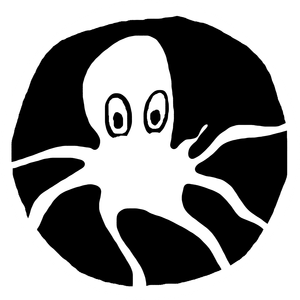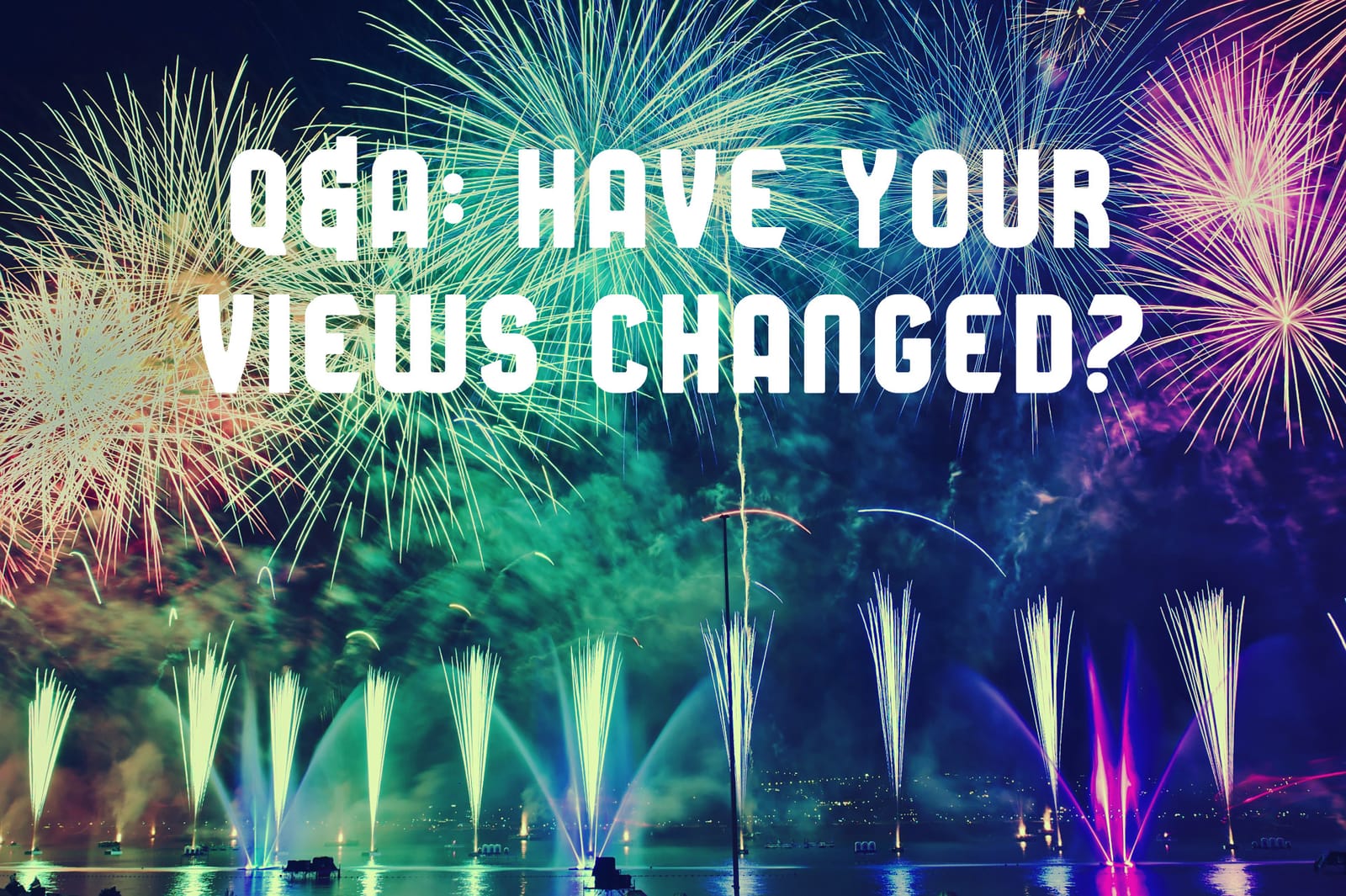BT (USA, Massachusetts): I'm not sure that views have changed but rather some views have been reinforced.
There is a huge disparity in health care for those who live in under served communities. People living in poverty have less access to everything. One example is testing. We are one of the few places that homeless individuals can be tested (we also do outreach testing in some shelters), that people with no Primary Care Practitioners can get tested. They have often had to wait hours to be tested.
Also, we are in desperate need of a unified healthcare system. The reason some countries have been so much more successful with contact tracing and containment (outside of the fact that Americans are selfish and won't wear masks/social distance/stop traveling) is the fact that we do not have a unified healthcare system. There are several healthcare organizations in Worcester. We have not worked together to try to improve access to testing or treatment. Contact tracing takes ages because of delays in testing and in communication. It's a mess.
DK (USA, Florida): Yes. Some of my views have changed. I’ll list a couple:
- Christians in America. Specifically those who supported/voted in the 2020 election for Trump are some of the people who most shocked me this year. I don’t know how one would not have their views changed when one is confronted with the fact that 80% of Evangelicals voted for this guy. The guy who habitually lies, cheats on his wives, shows little interest in helping those who do not agree with him, has no empathy, and has problems denouncing White Supremacy. This is the guy that the majority of Evangelicals have latched onto because of his stance on a SINGLE ISSUE... ABORTION! So what has been reinforced is that a single issue is all it takes for people to justify cruelty; a single issue is all it takes to invalidate a religion.
- Policing in America. When I was growing up, I had no inkling police could be a problem. I think it was ingrained in me to trust police, you don’t need to fear them, they will protect you. However that is no longer true, not for any race, but especially for minorities. I don’t think anyone should trust the police nor should the police ever be given the benefit of the doubt. They are allowed to kill people with seeming impunity as long as they feel they are in danger. This fact alone should terrify everyone. If you yell at a police officer… you’re dead. If you run from a police officer… you are dead. If you move your body… you are dead. If you are sleeping… you are dead.
JA (USA, California): No... at least I don't think they have. I suppose one thing I've come to realize is that things like hugs were taken for granted for far too long.
RM (New Zealand): I voted No to the Cannabis Law Reform referendum at our latest election. The first party I ever voted for in NZ as a young voter was the National Organisation for the Reform of Marijuana Law, and I have been a pot smoker for years. I argued that any move away from prohibition, and the social isolation and division it has created is better than the status quo. I persuaded other people to vote for yes, and then at the last moment I voted no. I wonder how many other people like me there are. A friend of mine smiled when I told him. I was one of "those" people. The referendum was narrow. 49% for law change, and 51% against. I'm not against law reform, I just don't want to see companies growing and manufacturing, the government controlling and taxing, and people opening cannabis cafes and promoting NZ as a tourist location for international travelers. My friend thinks we might have dodged a bullet so to speak with the result we got, and we would like to see a non commercial law change proposal go through one day. Incidentally, The Salvation Army in New Zealand also supports decriminalization rather than legalization.
MH (Japan): All my views are constantly evolving. My views about how ideas should be processed and communicated are probably evolving most as I drift away from social media.
DC (USA, Massachusetts): When the pandemic started, I thought it might be a fruitful time for the artistic and creative process. I figured all the free time, turmoil, and change would inspire a bunch of new songs and help me finish my first novel, but that was far from the case. I never really understood how important community and just being around other creative people can be.
I was recently on a Facebook chain with some fellow songwriting friends and every one of us felt in an artistic rut. We all weren't really playing or writing. I have been playing music with friends for 20 years through bands, open mics, and gatherings, and I never realized that it was the life blood of my creative process. The art my friends were making was inspiration for new art in myself. Great art can't be created in a vacuum. It needs to be fed, and a pandemic can really squash the creative muse.
JO (USA, Massachusetts): I have become much less compassionate for the masses. I feel the need to look out for family first, forget everyone else. This is a problem because the biggest part of who I am is my compassion. It’s the source of my strength.
PD (New Zealand): My collaboration with the government and theirs with me is actually possible and essential.
NG (USA, Florida): I feel like my views are always turning and churning and changing, but certainly the aftermath of George Floyd’s murder and the Black Lives Matter movement caused me to reevaluate and learn about things I thought I already knew, or at least knew well enough. I read some Ta-Nehisi Coates in The Atlantic, listened to Austin Channing Brown’s I’m Still Here, and checked in on lots of videos and podcasts and blog posts and email newsletters on the subject of racism in America.
I don’t know what it was like for other white people in the U.S. and around the world, but I had been in a process of having preconceived ideas about race and privilege stretched and cracked and busted for several years already, because of the various tragedies, because of media projects like the 1619 podcast, because of late night comedy news shows and people like Trevor Noah, and especially because we lived with our very good friend for three years, who is black, and through our various conversations and discussions he helped me to see the world a little bit more through African American eyes. 2020 brought all that to a head in a way.
For the last four-plus years I’ve also been struggling with how to understand American Evangelical Christianity. It is the tribe of people I come from, and in some ways still belong to, so while other people can write them off whole hog as racist sexist hypocrites, I know better that that. There is more to that story and I’ve been really trying to get my head around it and make sense of how the principles I was raised to believe were so sacred as to be utterly nonnegotiable have been so easily discarded and abandoned. In some ways that came to a head this past year as well. I found myself writing screenfuls of stream-of-consciousness essays just because I needed to work out the stress of so many conflicting thoughts and feelings, not to mention ranting about it to anyone who would listen.
I've learned even more this year that it's okay to put something into the world not fully formed, and then wait for feedback or criticism in order to make it better. The world we live in now is not one-and-done. You can put out a blog post, get comments that disagree with certain elements of it, then revise it to make it stronger. We are no longer a world of hardcover books, and music CDs, and painted canvases that have such a weight of permanency. It's all fluid, it's all dynamic, and I can embrace that instead of fighting it.
I've learned to value online community this year. Often in 2020 the only interactions I've had with the people outside our four walls have been through occasional phone calls (traditionally not my favorite), text messages, emails, Facebook Messenger groups, or on Slack. And it's those last two that have begun to change my view of online community. I always thought of it as a cheap replacement for the real thing, but I'm starting to think of online and offline community as two sides of the same coin, and I think that is a better view to have going into the future, because people are lonely and online community is part of the answer to that problem, whether I want it to be or not.
One other sort of random view has changed as well because of a Wired article I read not long ago—the internet needs parks and public spaces, just like cities and countries have, where a space is created for the enjoyment of the public, no one owns it, there are no ads, and all are welcome, but where behavior is moderated just like it is in a city, state, or national park. You can’t yell obscenities, you can’t be naked, you can’t harass people or defecate in the bushes. This is not ‘Nam after all, there should be rules. And if Facebook doesn’t like the idea of competition from government subsidized social media, tell them to talk to Disney World. People still pay to go there instead of national parks or the beach.
As we closed in on the end of 2020, I wanted to find out from some of the people whose thoughts and perspectives I respect and admire what they had to say about this crazy year and how it affected their lives and their views on the world.
I asked four questions:
- How much has Covid-19 changed your life?
- Have your views changed in any significant ways?
- What have been some of the things in the back or front of your mind about life, society, spirituality, culture, or anything else you have not addressed above?
- Do you have any thoughts about how we solve our collective predicaments with the current divisiveness in national and global politics, endless social media warfare, cancel culture, rampant conspiracy theory popularity, lack of trust in government-journalism-basic social institutions, etc.?
I thought there might be enough good stuff in the answers to pull out some highlights and turn them into a post. I was wrong. It was pure highlights from start to finish!
So I decided to present the answers in full, including my own, lightly edited for readability, in four separate posts—one for each question.
Photo by Nicolas Tissot on Unsplash. Thanks Nicolas!

